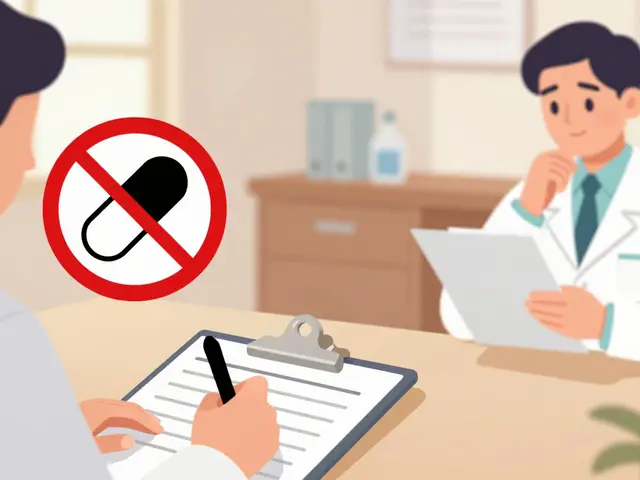Understanding Hyperaldosteronism: Causes, Signs, and What You Can Do
Ever heard of hyperaldosteronism? It's a condition where your body produces too much aldosterone, a hormone that controls sodium and potassium levels. Because of that, your blood pressure can shoot up, sometimes without any obvious cause. If you're facing unexplained high blood pressure or muscle weakness, it's worth exploring if hyperaldosteronism might be the reason.
This condition mainly happens because of problems in your adrenal glands, which sit right on top of your kidneys. Sometimes there’s a small benign tumor (called an adenoma), or both glands just start producing too much aldosterone by themselves. This extra hormone makes your kidneys hold onto salt and lose potassium, messing up your body's balance.
Spotting the Signs and Symptoms
High blood pressure that’s hard to control with regular meds is one of the biggest clues. You might also feel muscle cramps, weakness, headaches, or notice you're thirsty and urinating a lot. Since potassium levels drop, keeping an eye on symptoms linked to low potassium can help catch hyperaldosteronism early. If left unchecked, it raises risks for heart disease, stroke, and kidney damage.
What Are Your Treatment Options?
Once diagnosed—which usually involves blood tests and imaging—treatments aim to control blood pressure and fix the hormone imbalance. If a tumor causes the problem, surgery might be the way to go. But if both adrenal glands are overactive, medication called mineralocorticoid receptor antagonists (think spironolactone or eplerenone) can block aldosterone’s effects. Along with meds, cutting back on salt and monitoring potassium levels can make a big difference in how you feel.
Managing hyperaldosteronism isn’t just about lowering numbers; it’s about stopping damage before it starts. Talk to your doctor if regular blood pressure meds don’t seem to work or if you have symptoms like unexplained muscle weakness. Catching this early can help you avoid bigger health problems down the road.
Want to keep your heart and kidneys in good shape? Understanding hyperaldosteronism is a smart step. With the right tests and treatments, many people live healthy, normal lives despite this tricky hormone issue.
Amiloride and the Treatment of Hyperaldosteronism: A Promising Approach?
Discover how amiloride, a potassium-sparing diuretic, offers a promising approach in treating hyperaldosteronism, a condition characterized by excess production of the hormone aldosterone. Explore the mechanism of action, the potential benefits, and practical considerations for its use. This article serves as a guide to understanding the role of amiloride in managing this condition effectively. Delve into interesting facts and useful tips for those considering this treatment option.






